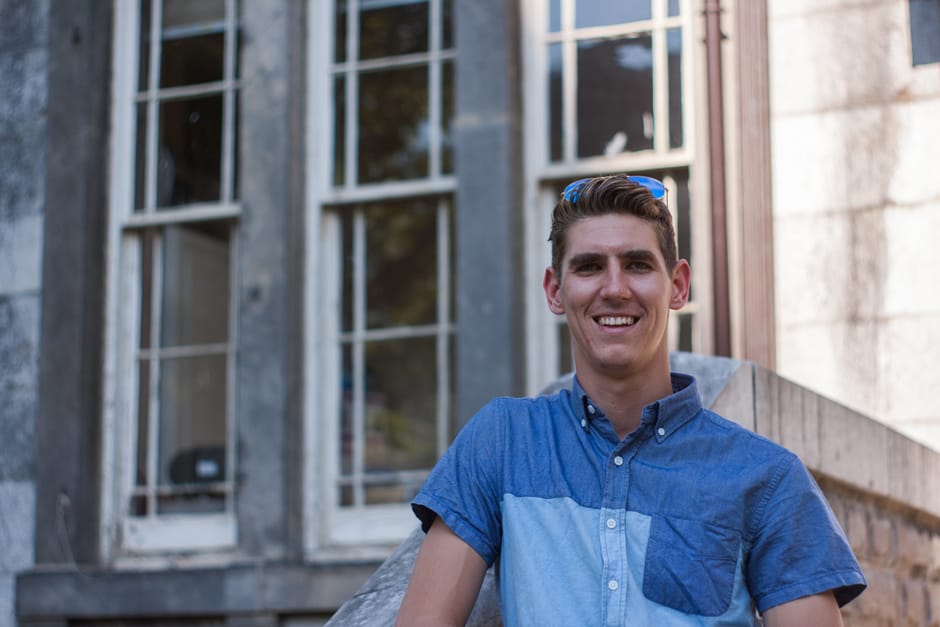As the vice-president, internal and services of the University of Toronto Students’ Union (UTSU), I can tell you that this job can be challenging. However, the challenge is different for those of us who are international students.
Recently, I have been questioned and ridiculed for graduating while serving as an Executive Committee member with the UTSU. Some critics have asked how I can represent students if I have already graduated.
I am not the first to decide to finish my studies while devoting a year to giving back to my campus community. Some choose to return for financial reasons related to Ontario Student Assistance Plan (OSAP) rules. For others, the choice is influenced by mental health issues and the difficulty of coping with academic requirements while working to fulfill the responsibilities of a position requiring more than 40 hours of work a week. For me, the answer lies partly in the fact that I moved here from an island among the smallest in the Caribbean as an international student.
International students are not permitted to study part-time unless they are in their final year, and even then, it may not be allowed. I had no choice but to graduate when I did. We do not have the flexibility domestic students do to slow down our studies in response to difficulties we may experience or opportunities we want to pursue. It is hurtful to be ridiculed or excluded by those who do not experience the same restrictions that we do. I am glad that the UTSU is structured to allow me, and thousands of other international students, an opportunity to be involved.
I have seen tuition fees rise over $10,000 during my time here, and that’s just in the Faculty of Arts & Science. Since the government does not regulate international student tuition fees, the Governing Council of U of T has final say. Our fees increase each year to compensate for inadequate government funding. To make matters worse, international students are prohibited from running as representatives for Governing Council. We cannot even represent ourselves on U of T’s highest governance body despite our unique issues.
Both U of T and the government say they want to increase international student enrollment. I say we should be allowed proper representation and the ability to fully contribute to our community first. Let us have a say in the rising cost of our tuition fees and give us access to health insurance, like international students in other provinces. In Ontario, lack of Ontario Health Insurance Plan (OHIP) coverage means international students often have to fend for themselves or pay exorbitant costs in emergency situations.
There are other difficulties international students face while enrolled at U of T. We do not have the benefit of many social services, even though we contribute billions to the economy and roughly 85 per cent of us stay in Canada after graduation. We leave families and support systems behind, and often struggle to get acquainted with a new community with new rules and different cultural norms.
I hope people can understand the sacrifices international students make to attend university and the institutional barriers we face. There is also significant pressure from our families to ensure that sending us abroad is worth the tuition fees, which leads many of us to be wary of getting involved.
To graduate as an international student is an achievement in itself. I am using my knowledge and experiences to ensure that future international students do not face the struggles I did. It is scary to think that you could be deported if you try to raise your voice or face ridicule from your peers for actions that not all domestic students appreciate because they do not understand the barriers in place for international students. I am using my time at the UTSU to do everything I can to stand up for international students, despite those who ridicule me and want to exclude me for my citizenship status.
U of T is a great place. I want to give back to my community and make life a little easier for those who are facing the same challenges that I did. International students are full contributors to our campus and society, and I am going to do everything that I can this year to ensure they are respected and treated as such.
Cameron Wathey is the UTSU vice-president, internal and services.


